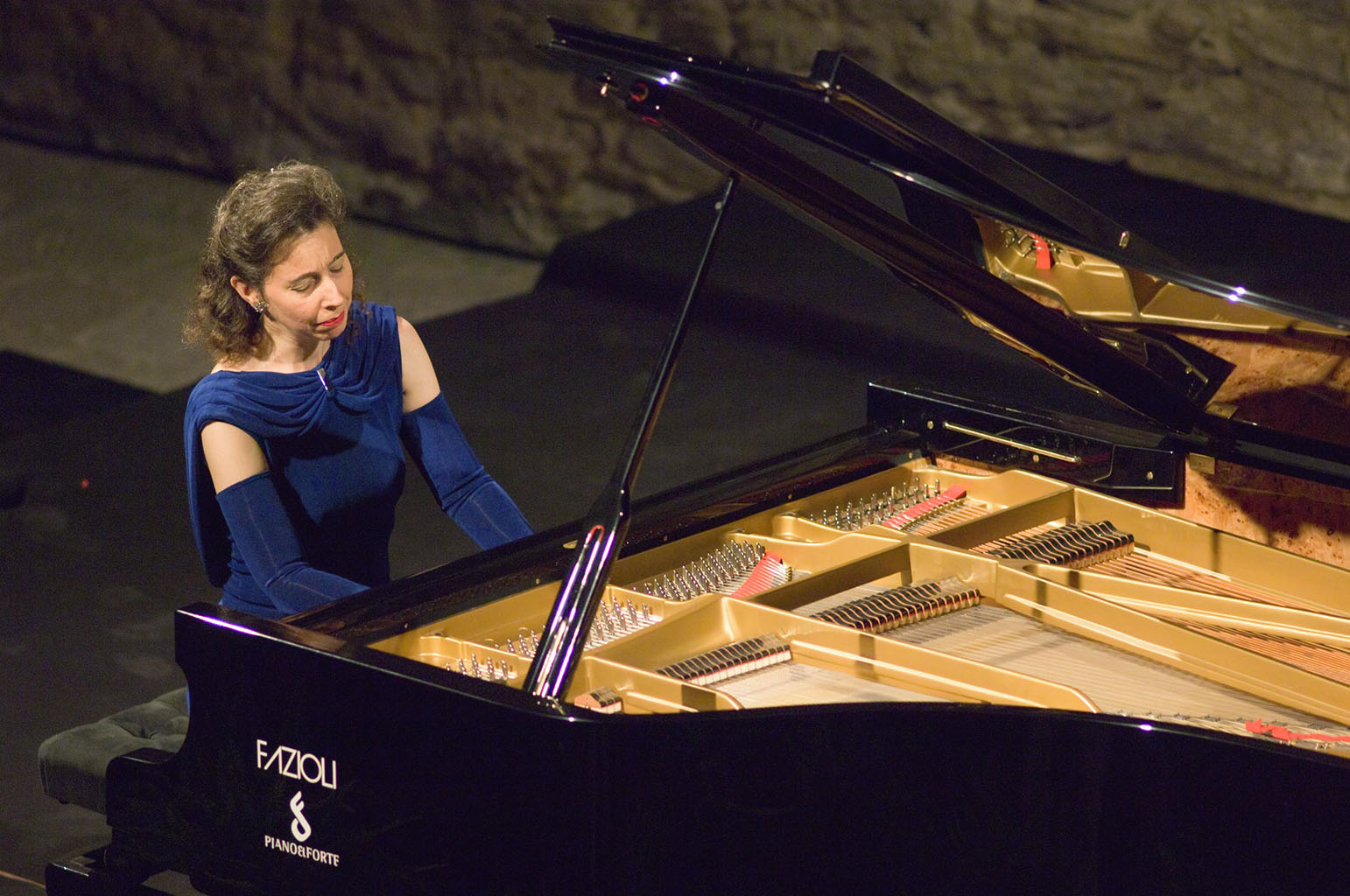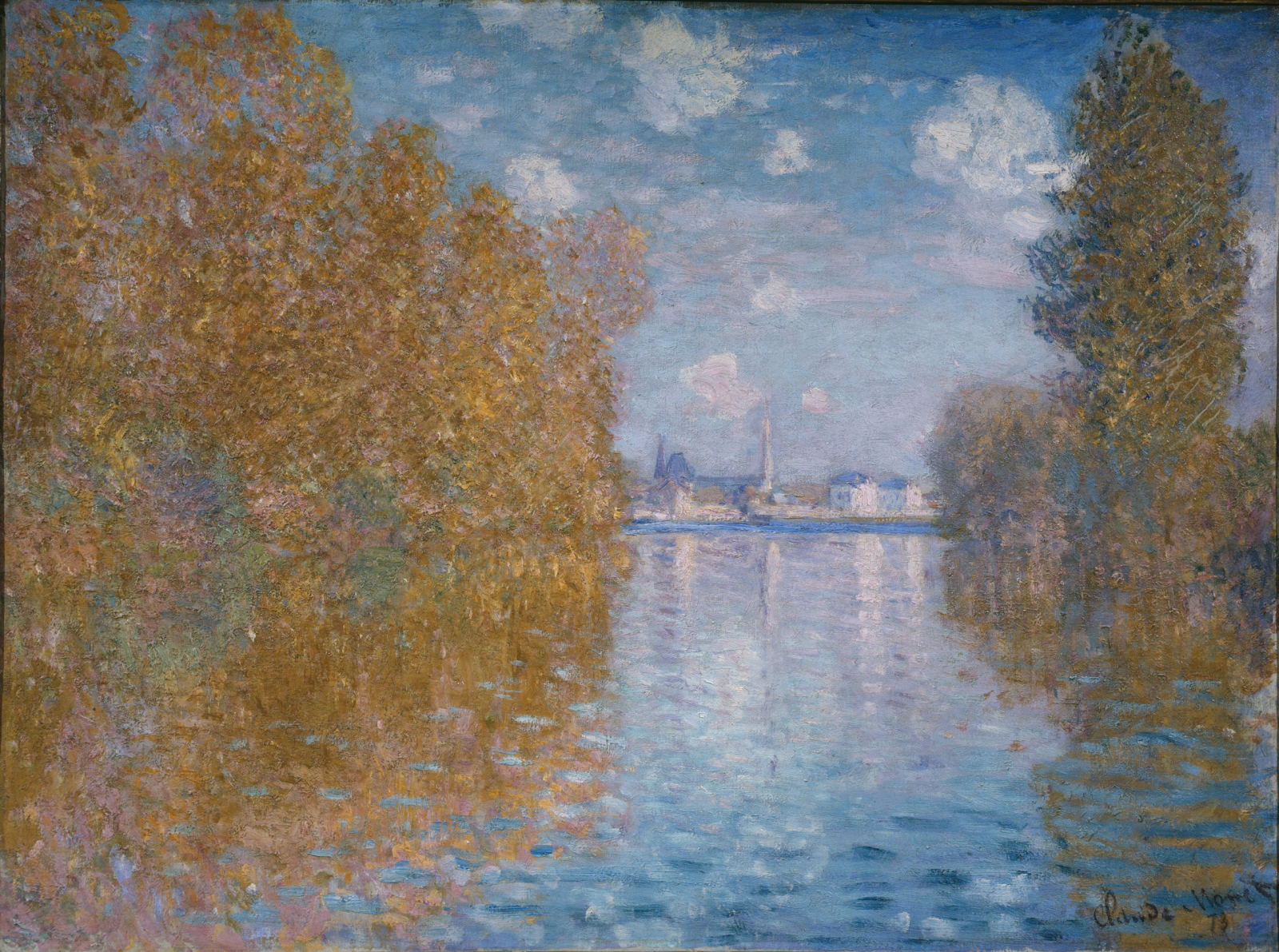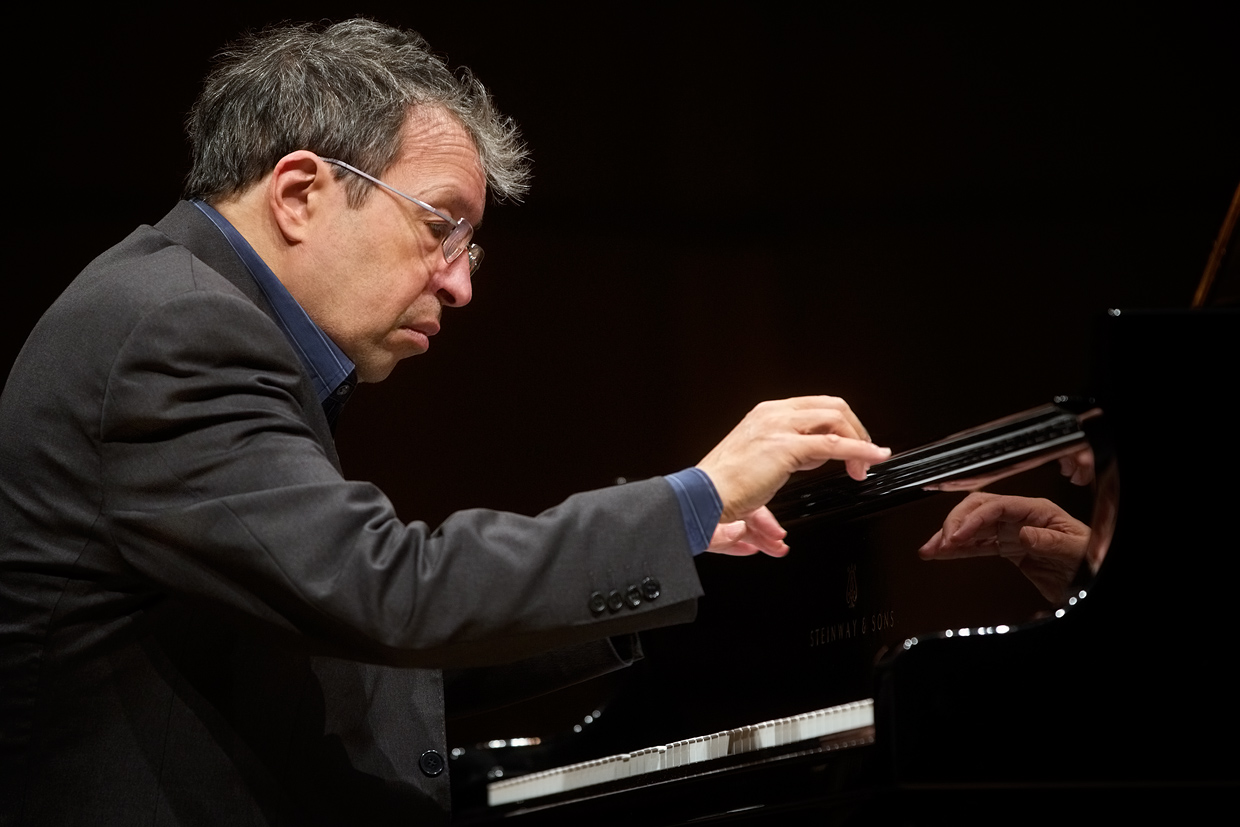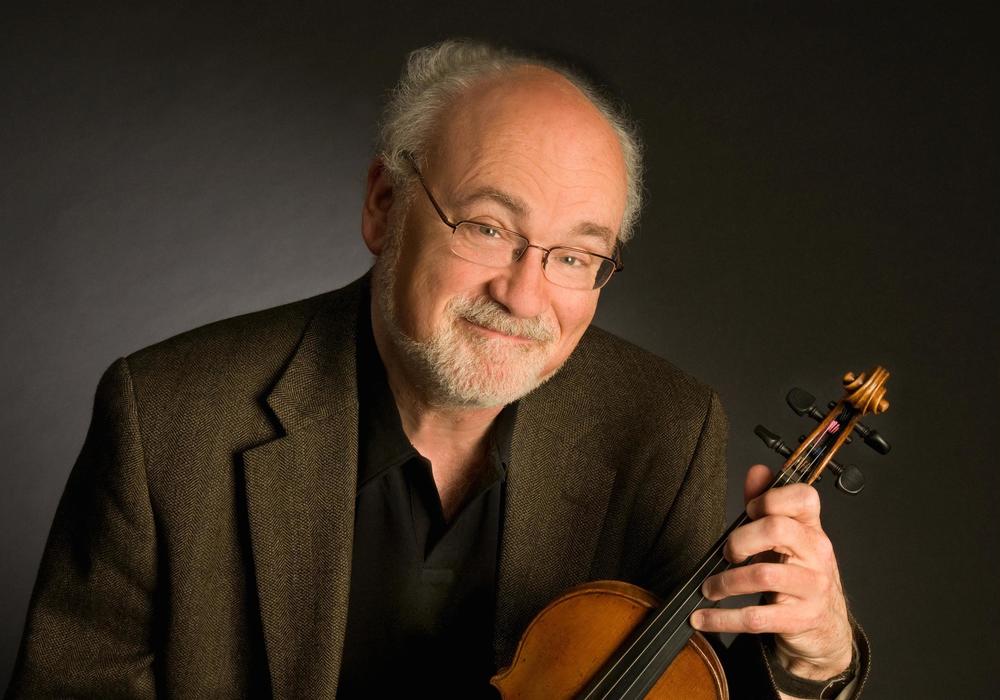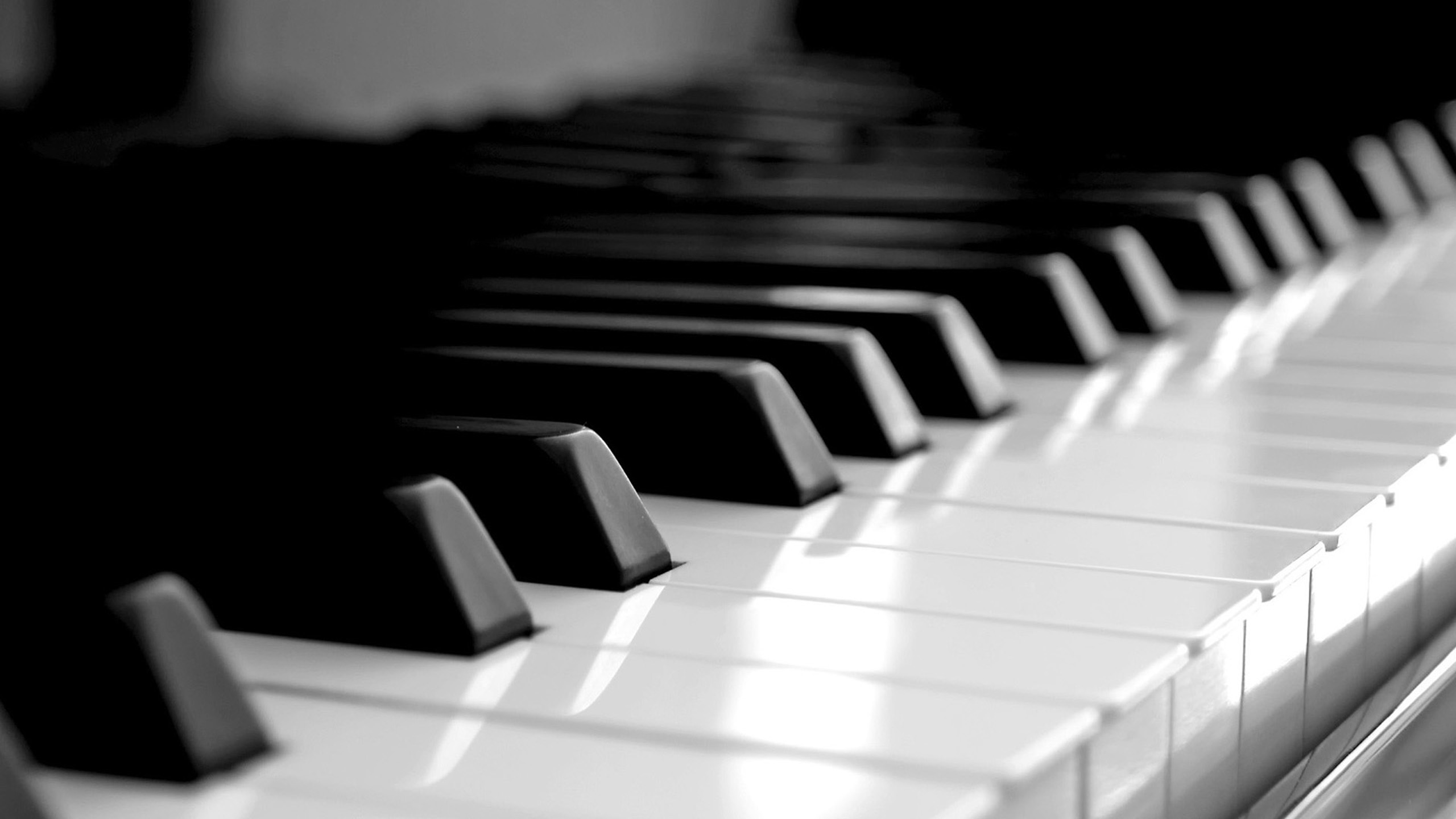Grande Pièce Symphonique: Franck’s Symphony for Solo Organ
On Monday we listened to César Franck’s Symphony in D Minor, a piece in which the orchestra turns into a living, breathing pipe organ. Now, let’s finish the week with Franck’s Grande Pièce Symphonique, which can be described as a symphony for solo organ. When this piece was completed in 1863, Franck had just been appointed organist at Paris’ Sainte-Clothilde basilica, where he played a brand new instrument by the master French organ builder Aristide Cavaillé-Coll. Grande Pièce Symphonique is …


